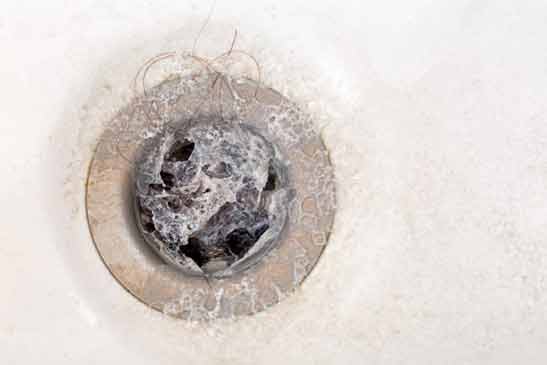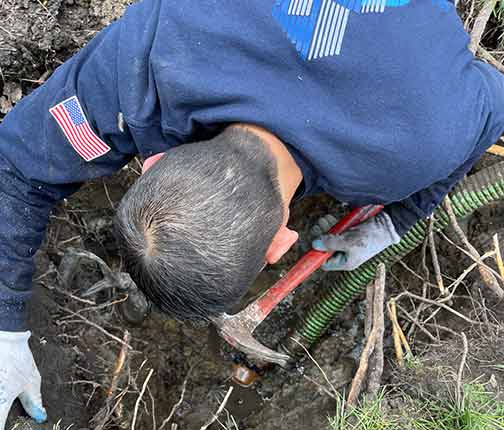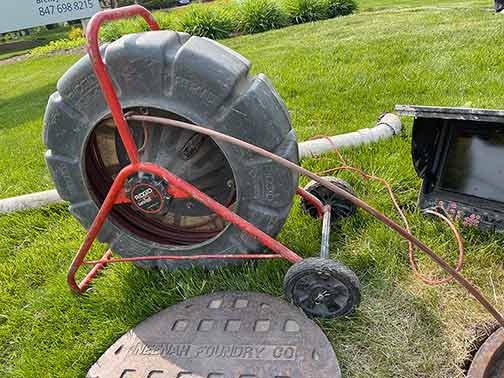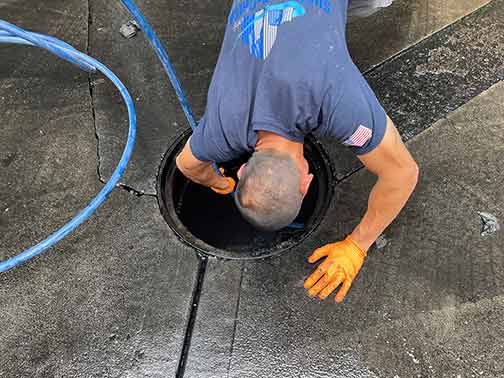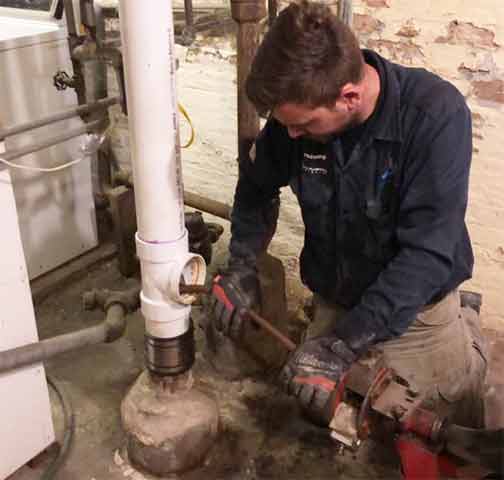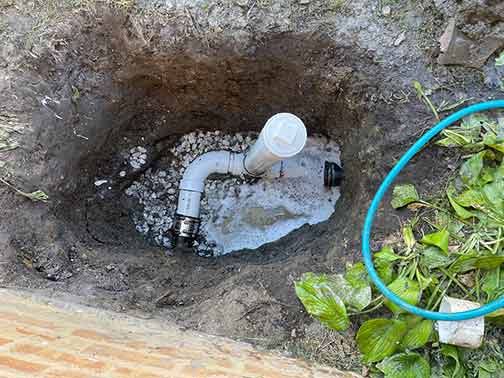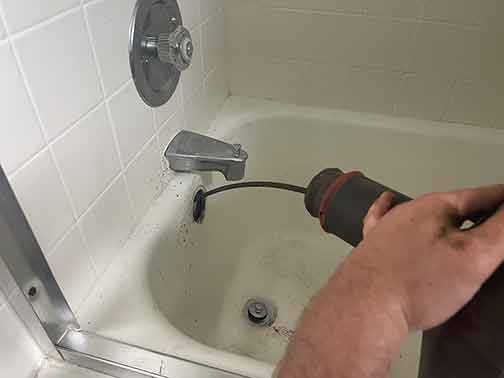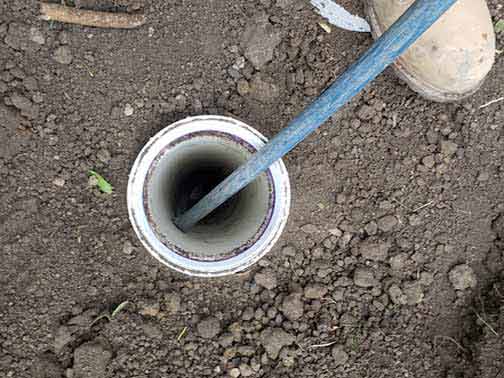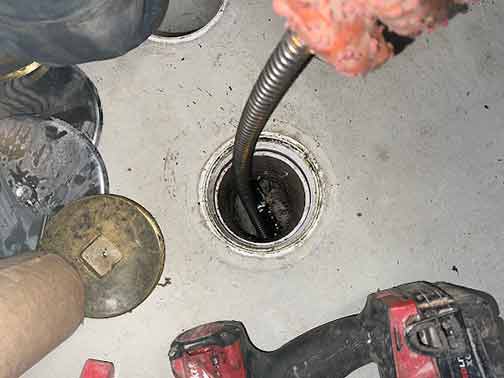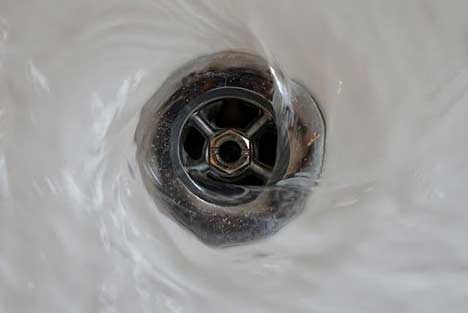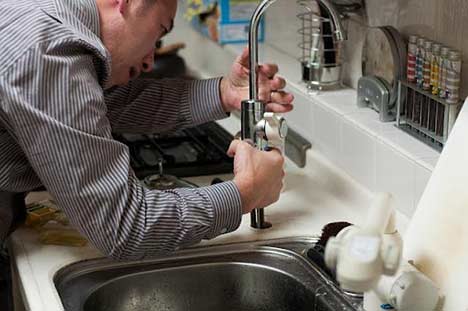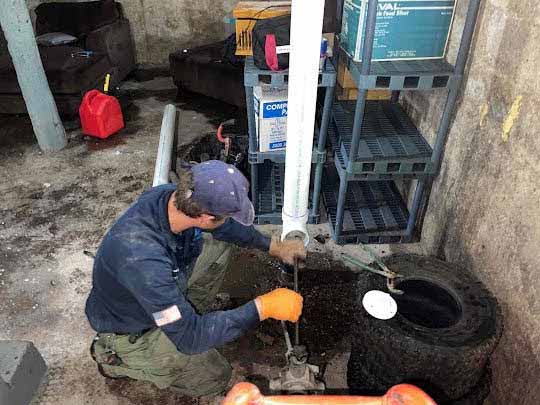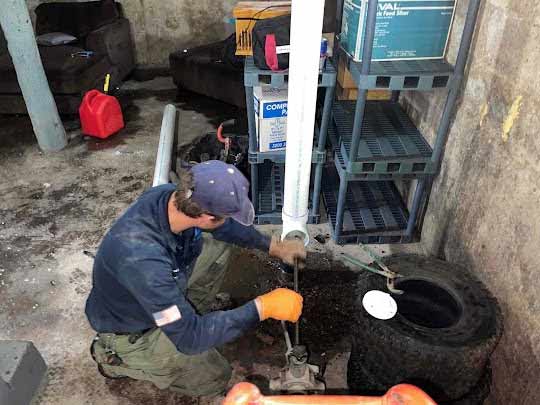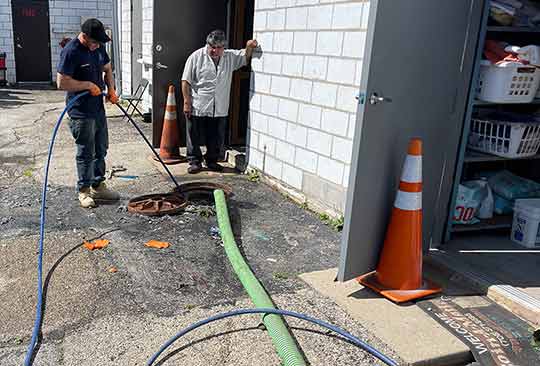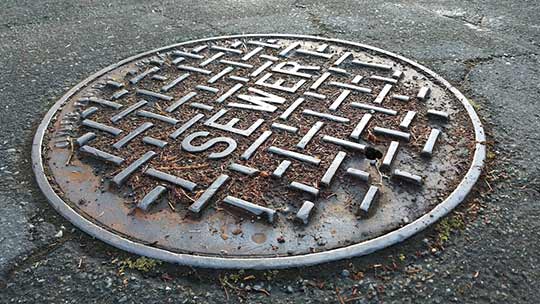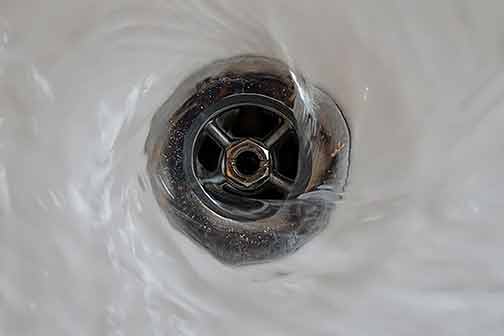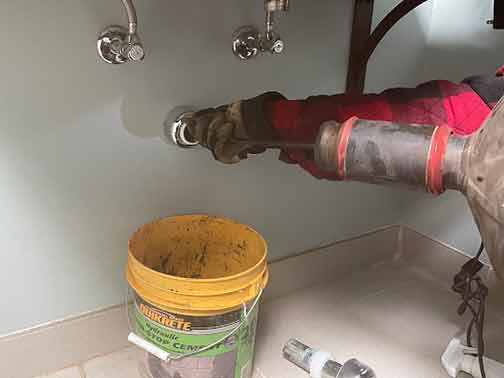Having drain problems in your home can be a real headache. Whether it’s a clogged sink, a backed-up toilet, or a slow draining bathtub, these issues can disrupt your daily routine and make your living space uncomfortable. Luckily, if you’re in Chicago, there’s no need to worry. The city is home to a team of plumbing experts who are well-equipped and experienced in solving drain problems efficiently and effectively.
Understanding Drain Problems
Before we delve into the ways Chicago Plumbing Experts can help, it’s essential to understand the common drain problems that homeowners face. Drain issues can occur in various areas of the house, including the kitchen, bathroom, basement, or utility room. Some of the most common drainage issues include:
- Clogged drains
- Slow draining sinks or tubs
- Blocked toilets
- Backed-up sewer lines
- Foul odor from drains
- Water pooling in sinks or showers
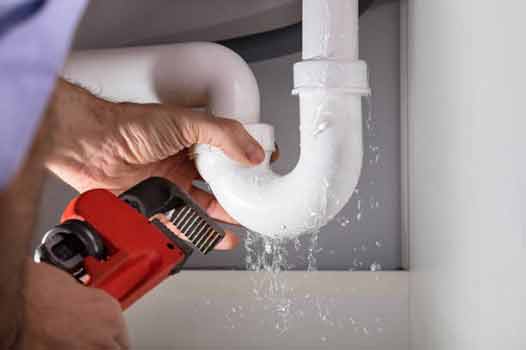
Our expertise ensures that the problem is resolved correctly, without causing further damage to the plumbing system.
The Importance of Professional Plumbing Services
While some homeowners may attempt to solve drain problems themselves using store-bought drain cleaners or DIY methods, it is often best to seek assistance from professional plumbing experts. Here’s why:
1. Expertise and Knowledge:
Chicago Plumbing Experts have extensive knowledge and experience in dealing with drain problems. We can quickly identify the root cause of the issue and provide the most appropriate solution. Our expertise ensures that the problem is resolved correctly, without causing further damage to the plumbing system.
2. Specialized Equipment:
Our professional plumbers have access to specialized tools and equipment that are specifically designed for drain cleaning and repair. These tools enable them to tackle even the most stubborn clogs or blockages efficiently and safely.
3. Time and Cost Efficiency:
Attempting to solve drain problems on your own can be time-consuming, especially if you don’t have the necessary expertise or equipment. Hiring a professional plumber from Chicago Plumbing Experts saves you valuable time and reduces the risk of causing further damage to your plumbing system. Additionally, our services typically come at a reasonable cost when compared to the potential expenses of DIY attempts gone wrong.
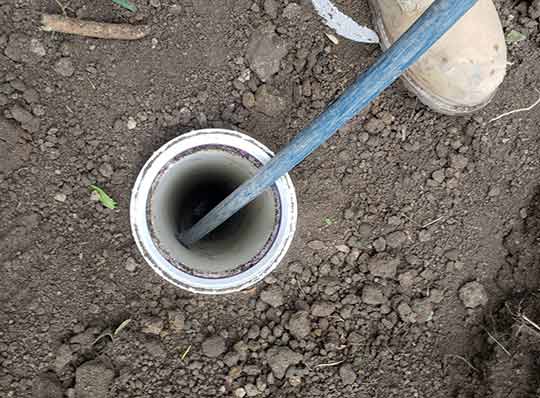
Our professional plumbers use advanced techniques, such as hydro-jetting, to thoroughly clean drains and remove any build-up of debris, grease, or other materials.
How Chicago Plumbing Experts Can Help
Chicago Plumbing Experts offer a wide range of services to address drain problems effectively. Here are some of the ways they can assist you:
1. Drain Cleaning:
Our professional plumbers use advanced techniques, such as hydro-jetting, to thoroughly clean drains and remove any build-up of debris, grease, or other materials. Hydro-jetting involves using high-pressure water to clear out clogs and restore proper drainage. This method is highly effective and ensures a long-lasting solution.
2. Drain Repair and Replacement:
If your drain pipes are damaged or severely clogged, Chicago Plumbing Experts can provide repair or replacement services. We will assess the condition of your drains and recommend the most appropriate solution to restore optimal function. With our expertise, you can trust that the repair or replacement will be done diligently and to a high standard.
3. Sewer Line Inspection and Repair:
In cases where the main sewer line is causing drain problems, our professional plumbers can conduct thorough inspections using specialized cameras. This allows them to identify any cracks, blockages, or other issues within the sewer line. Once the problem is detected, our plumbers can proceed with the necessary repairs, ensuring that your drainage system is back in working order.
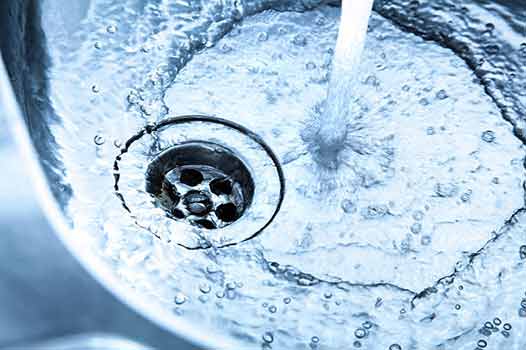
Proper waste disposal plays a significant role in preventing clogs and blockages.
Tips for Preventing Future Drain Problems
While it’s comforting to know that Chicago Plumbing Experts are just a call away, it’s always better to prevent drain problems from occurring in the first place. Here are a few tips to help you maintain a healthy drainage system:
1. Dispose of Waste Properly:
Avoid flushing or rinsing down items that can clog drains, such as grease, coffee grounds, food scraps, and non-flushable materials. Proper waste disposal plays a significant role in preventing clogs and blockages.
2. Regular Maintenance:
Schedule regular maintenance with professional plumbers to inspect and clean your drains. Routine maintenance can help detect any potential issues early on and ensure that your drainage system remains in optimal condition.
3. Use Drain Screens:
Install drain screens or stoppers in sinks, tubs, and showers to catch debris and prevent it from entering your drains. Regularly remove and clean the screens to avoid build-up.
4. Be Mindful of Tree Roots:
Tree roots can infiltrate underground pipes and cause significant damage. Be mindful of where trees are planted, especially in close proximity to sewer lines, and ensure they are regularly trimmed.
Conclusion
If you’re experiencing drain problems in your Chicago home, don’t hesitate to seek the assistance of our plumbing experts. Their extensive knowledge, specialized equipment, and range of services make them well-equipped to solve any drain issue efficiently and effectively. Remember to also take preventive measures to maintain a healthy drainage system and reduce the likelihood of future problems. By entrusting your drain problems to Chicago Plumbing Experts, you can enjoy the peace of mind that comes with a properly functioning plumbing system.
